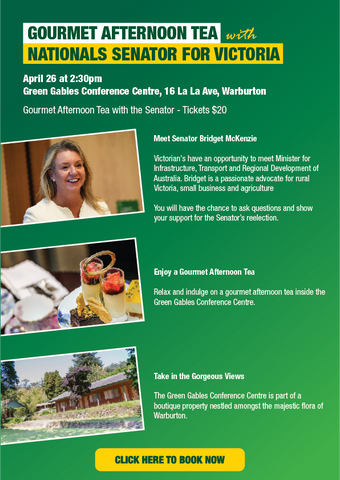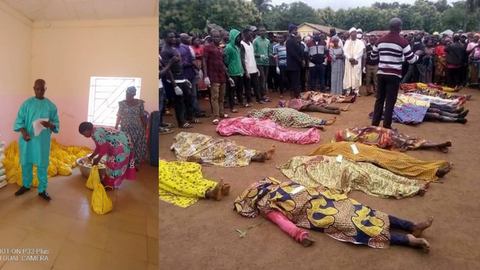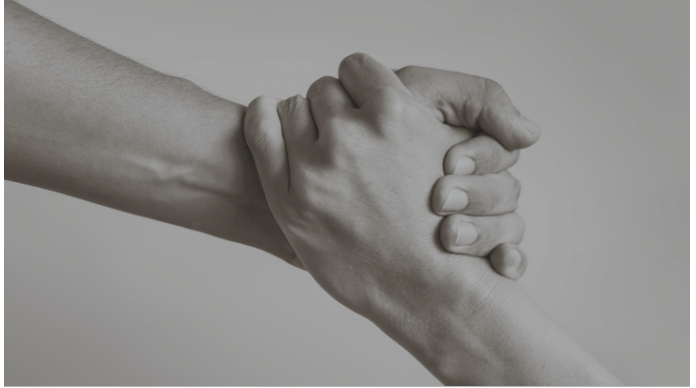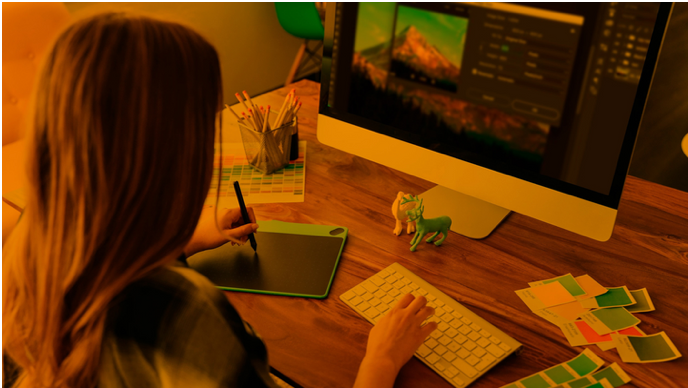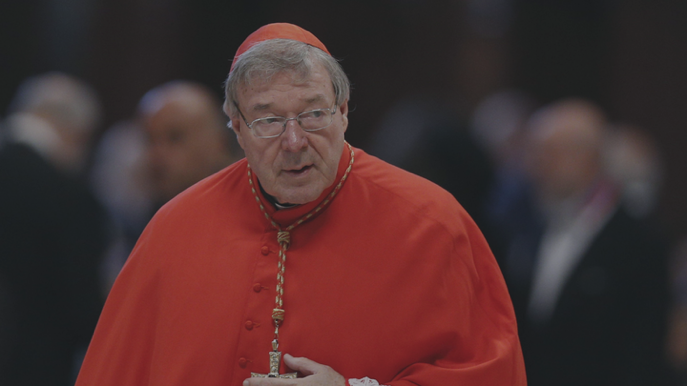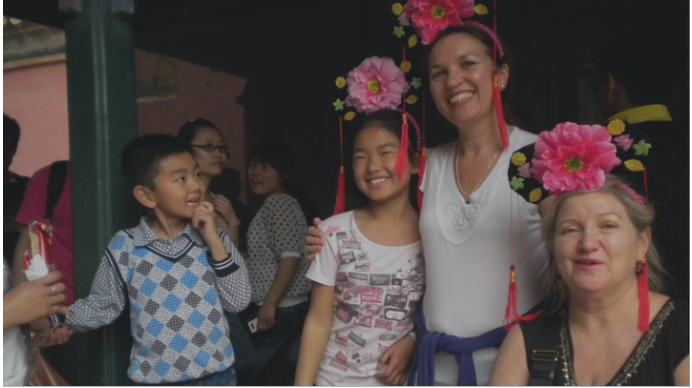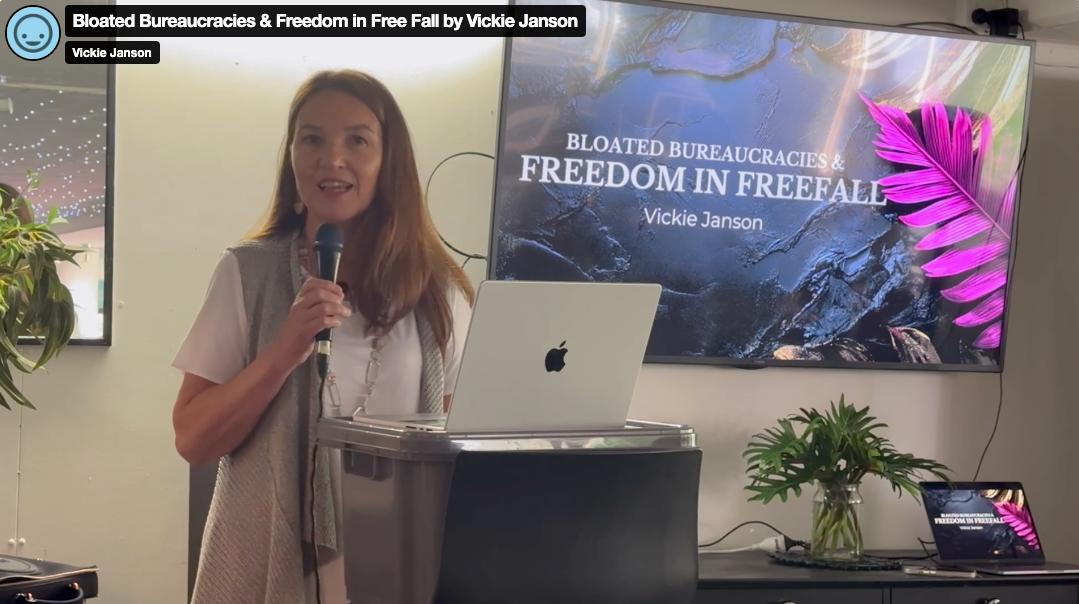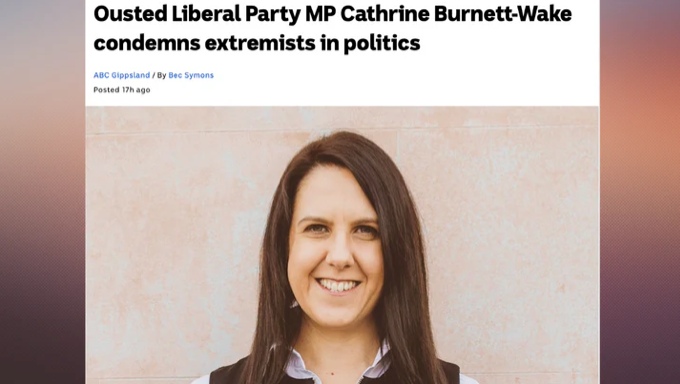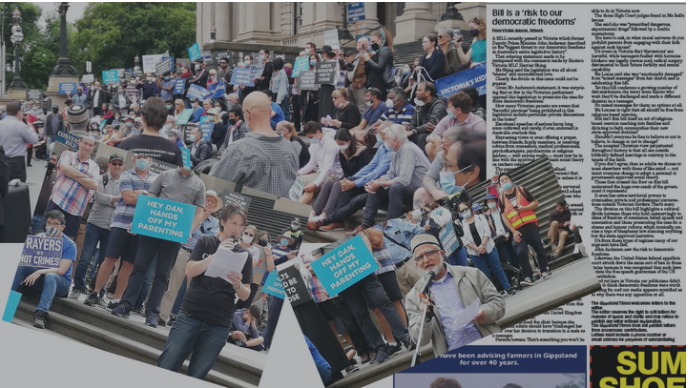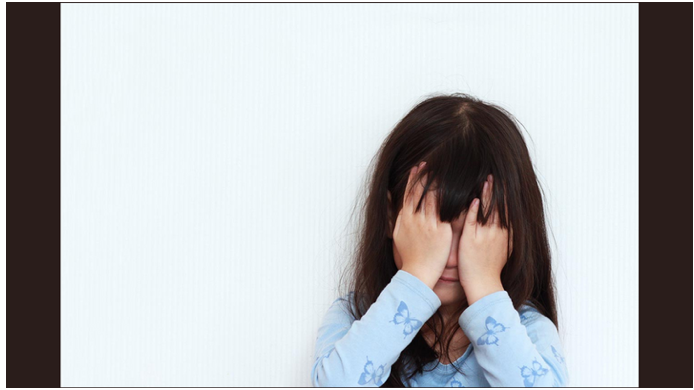Pondering Privilege – is it really white?
I have a dear friend who writes like Charlotte Bronte. My Charlotte
would be able to respond to Mark Connor’s article
about blind privilege and her deep meditations would be heard. Because of all she inherited in life, she would be granted that privilege.
As an educated Malay Muslim, representing the dominant culture in her society, my Charlotte
is also deeply concerned about human rights and has often spoken of her own privilege vis a vis
Chinese Malaysians; many who flee to Australia for the fair go and opportunities they don’t receive in their homeland. She bemoans the systemic discrimination of Chinese Malaysians in education, vocational opportunities and life in general. Despite her challenges as a single mum with a chronic illness who has weathered significant social and economic hardship, my Charlotte
acknowledges her inherited privilege as an ethnic Malay in Malaysia. It’s a privilege – but it’s not white privilege.
With fundamental differences in culture, faith, family background, life experience, education - just about everything - we remain deeply bonded soul sisters. And this despite judgments from others. I only need mention my Muslim friend online and someone will snipe ‘don’t lie- you couldn’t have a Muslim friend!’ And when my husband and I visit her in Malaysia, my Charlotte
is asked by her educated Malay colleagues and associates why she has ‘infidels’ staying in her home. Yet she offers us this privilege not because we’re white – but because of our friendship. She hires the car for us so as westerners we won’t have the privilege of being charged double by those who think it’s fair game to rip off foreigners; a universal issue. As a decent human being, these things bother her. After visiting Australia several times and experiencing firsthand the multiculturalism we boast of, it also bothers her that fellow Malaysians continue to portray Australians as racists. And that’s the point. This is not a denial of individual racism – that’s universal – but to question the collective idea of privilege and systematic racism attached to colour or lack thereof in western nations. Having intersected with privilege and under-privilege across many cultures, I find it difficult to accept that its systematic in specifically white cultures, to which many suffering oppression and disadvantage flee.
I do accept I’m privileged to live in Australia rather than the plagued killing fields
of Nigeria where my friend Reverend Muhammad literally faces death daily.The ‘knee on the neck’ of his community is a jihadist one which has had the historical advantage. As I think of my privilege, I remind myself of a documentary by Afghan-Australian Broadcast Journalist Yalda Hakim on tour in Afghanistan. She declared ‘life just doesn’t have the same value here.’ Despite the privilege of being born in a peaceful democratic nation that does value life, I don’t have the privilege of making the same statement without being labelled a racist.
I’ve been privileged to sit in refugee review meetings in support of Christian Pakistanis relaying their stories of systematic discrimination and persecution in Pakistan; parents in constant fear of their daughters being abducted if they’re returned. This is why they are married off well before they should be. And I’m privileged to live in a system that, while not perfect, still has room to make a case for justice and will offer people refuge.
I’ve assisted Arabic speaking women with conversational English and heard their stories. When domestic violence is addressed I’ve heard them say, ‘oh violence is just part of our culture and religion.’ But I don’t have the privilege of saying that. To do so would just be bigoted because I’m white I must remain silent. I sat with one African Saudi women who, regularly shunned by other Saudi women, experiences Arabic privilege. Many affirm its systematic.
Referencing working conditions in Saudi, Zareena Grewal, a professor of American and religious studies at Yale University, notes
“Salaries are often dictated by not just the color of your skin but also what passport you have.” African American Salih Abdullah, decided to move from the United States to Saudi Arabia, because he thought he would have refuge from religious discrimination in a “Muslim utopia” abroad. It’s true being American put him in a privileged position compared to those from African or South Asian countries. But his views
toward the blind or white privilege took a turn. “It's the systems of America where you find different types of oppression but in Saudi, it's the whole culture. It's just the way things are in every level, from institutions to the street, to, you know, pay at your job."
The persecuted indigenous peoples in Egypt and Iraq - Coptic Christians, Chaldeans and Assyrians – persecuted by their fellow citizens, are not the victims of white privilege. The child brides of the world are not, in the main, the victims of white privilege. They are all under-privileged for other reasons with many experiencing systematic racism in their own nations. We shouldn’t be blind to racism and privilege anywhere; including among our own. Human nature is a universal problem.
My Thai daughter-in-law made a comment recently about why many Thai women look for western husbands; and this despite western media portraying white males as the lowest of the low on the moral food chain. She said this is because Thai men often opt for more than one wife or partner and Thai girls desire the privilege of marital fidelity. Fair enough. That’s probably a universal desire and I accept, no one culture is free from infidelity. The impact of family infidelity, and the benefits of being raised in an intact loving family, has traditionally been accepted as a significant indicator of developmental life outcomes, or you could say ‘universal privilege.’
My thoughts about these things were triggered last year leading to some reflection on my own life and privilege. I’d invited La Trobe Lecturer Dr Yassir Morsi to share a platform with Muslim Reformer Dr Zuhdi Jasser in a public discussion on the merits of the Muslim Reform Movement. Having accepted the invitation, Morsi made his first statement by refusing to shake my extended hand and consequently advised me this was because I was a ‘bigot.’ When he took the platform, it was used to rant about white privilege rather than engage decently with the other speaker on the topic he was there to discuss. What struck me was how blind he seemed to be to his own privilege as an academic in an Australian university hailing from the dominant culture in Egypt. While minorities have suffered oppression in Egypt, Morsi was privileged to be raised by parents who, from memory, enabled him to be well educated in 3 countries. Yet his bitterness toward other Australians enjoying what he referred to as white privilege was palpable. Yes, I gather he was hurt. However, this encounter made me think about my own experience of being white and the assumed privilege which I genuinely struggle with.
When I was a child I was referred to in terms of being under-privileged. It had nothing to do with colour. Perhaps that’s why I’ve connected with those from difficult backgrounds over the years. I never met my father. I had a mother who eventually got her life in order but as a child I’d say my family had a triple A rating; that’s alcoholism, abandonment and abuse. I had a pedophile uncle. I lived with my grandparents on and off and my brother would be shipped to an aunt and uncle. We only lived together periodically and then shared a home with our violent step-father. I saw my brother thrown against the wall, heard my mother kicked up two flights of stairs and we both got the ‘twitch’ as punishment quite regularly. My brother had a similar issue with a pedophile relative and couldn’t cope, which was reflected in his behaviour. He was always yearning for mum and the natural dad we didn’t know. He got into lots of fights and committed suicide as a young man. I went to public schools. Back in the day, in the sunny New Zealand town of Whakatane, all the kids went to primary school barefoot just because we could. We were Maori and Pakeha (white) but barefoot together. Later I was a day student for 2.5 years at a Girls Grammar Boarding School in Auckland and despite not being Maori, I was invited to join the Maori Cultural Group. I even led it at times. As a 7-year-old, Christopher Enoka was my first crush. My best friend as a 10-year-old was Ann-Mieke Selderbeek and one of my favourite friends in secondary school was Siale Palalagi. I had the privilege of cross-cultural engagement all my life and I’m grateful for that. But I left home and school the day I turned sixteen because, unlike Dr Morsi, no one was willing to pay for further education for me and my mum’s partner didn’t want me around.
No, I didn’t have the privilege of an intact loving family, nor the privilege of a tertiary education. But I do have the privilege to write this now because I was sent to school and wanted to learn. A public school where anyone could go. I had the privilege through no virtue of my own of being born into a democratic capitalist society where second chances and a fair go were still possible. Where under-privileged sixteen year olds could still find a job in hospitality, offices, factories, in retail, and the options to be self-supporting were really there. I left New Zealand in my twenties and embraced Australia and all its opportunities, just like so many of my immigrant friends and those who now lament my white privilege.
I’ve lived in parts of Melbourne where those from lower socio-economic groups tend to reside – the coalface of multiculturalism where you don't see much privilege in any colour. You just see broad spectrum under-privilege. I think promoting ideas of privilege related to colour risks dividing communities who really are 'in it together" and may encourage black and white gangs with their allegiance to ‘my mob.’ Our society should not encourage this tribalism that can blind young people to the real opportunities generally available to all in Australia.
Teenagers whose life circumstances have already given them enough to deal with don't need to add anymore baggage to their backpack. My story is not uncommon. Universally, kids from under-privileged backgrounds are defined by broken families or substance abuse, violence or suicide and carry that pain. Ask our foster carers if they see colour or privilege in the faces of these kids. I found that forgiveness must precede any reconciliation with our past and believe that’s universal. i.e. these things don’t have to define anyone for life. These backpacks need to be dumped rather than added to.
I now have a business in regional Victoria and there’s a lot of under-privilege there too. Droughts, bushfires, farmers suiciding, Covid-19 and business shutdowns. They're not marching in the streets but they might be scratching their heads at the suggestion they are so privileged because they're predominately white. If we look whose living rough on our Melbourne streets we should see that hardship is blind to white privilege. Let’s get real. Centrelink doesn’t discriminate – human nature does. It’s not systematic.
Mark Connor says “If you are having trouble understanding the current “ Black Lives Matter ” marches around the globe, it could be because you, like me, have never been the target of racial discrimination.” With respect, I would say that it’s not black and white. Discrimination and privilege come in many shades. People in our community from all cultural backgrounds, suffer injustice and discrimination. No one should be treated abusively. No one should be classified as privileged or under-privileged by the colour of their skin. It's not telling the whole story. It’s scapegoating.
